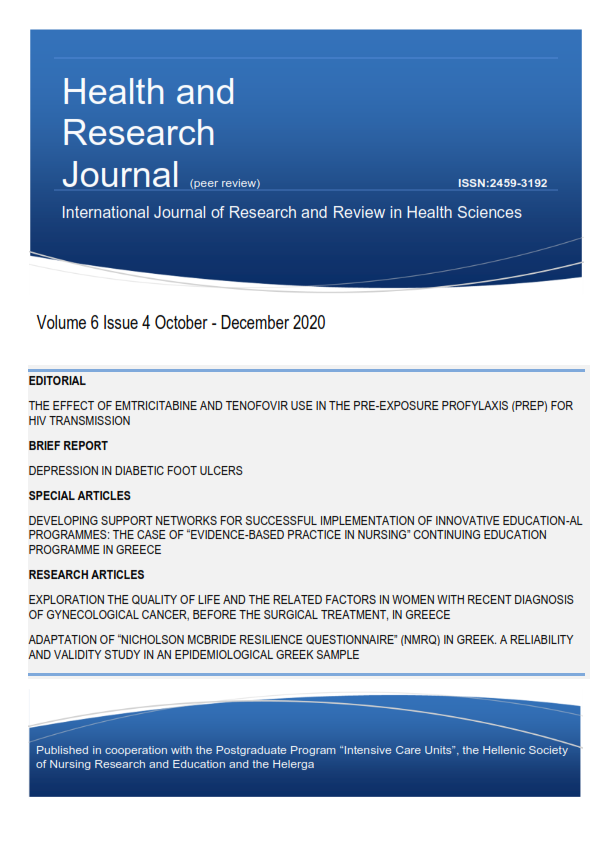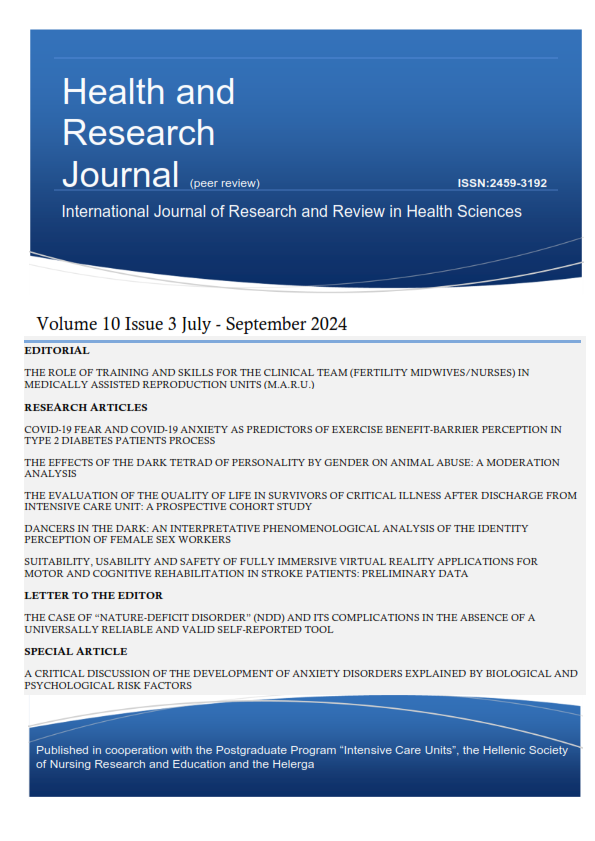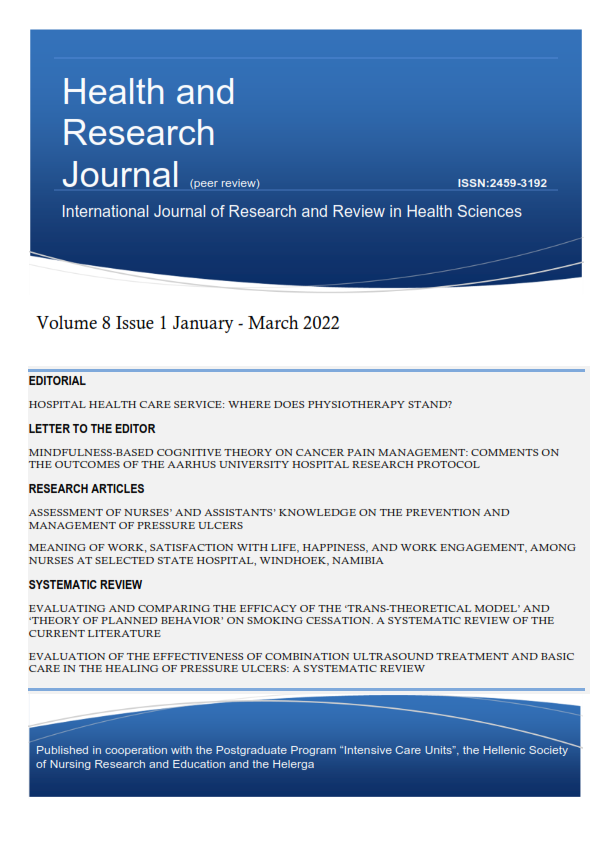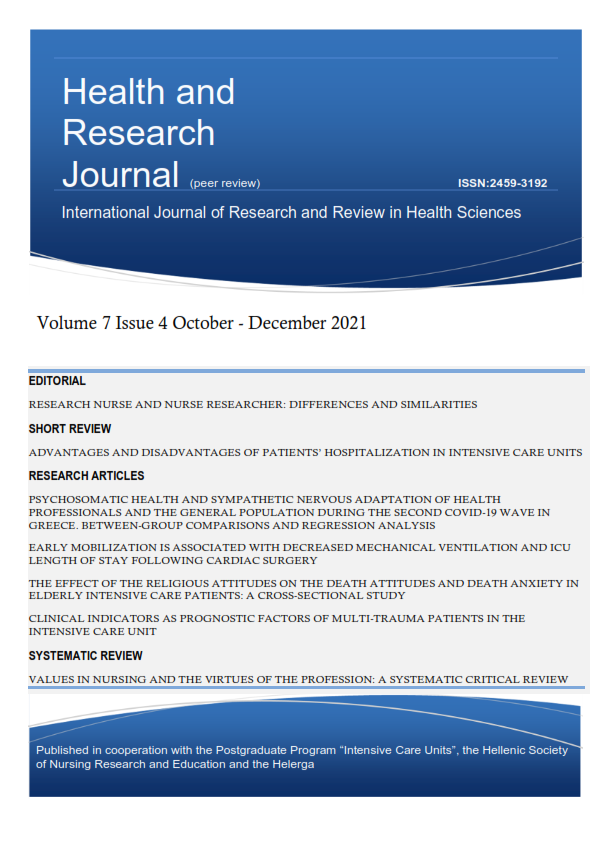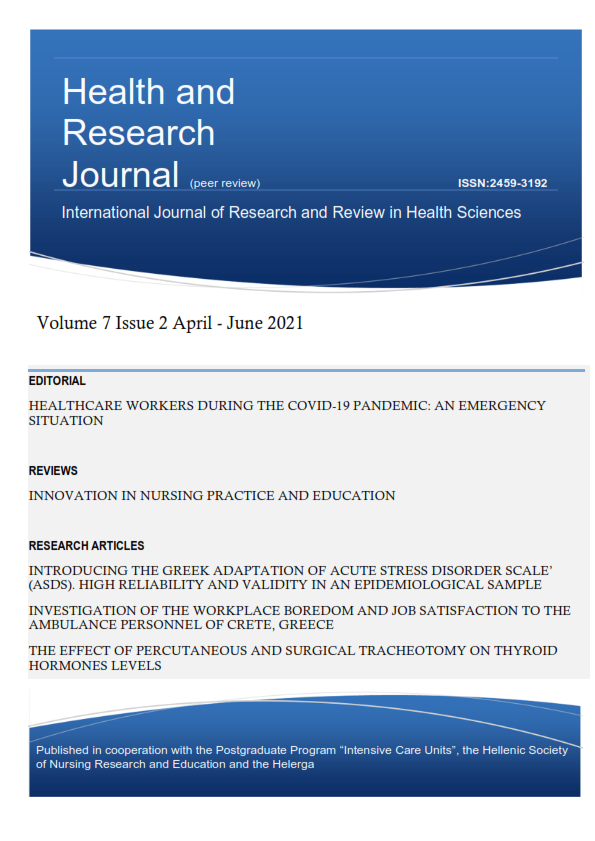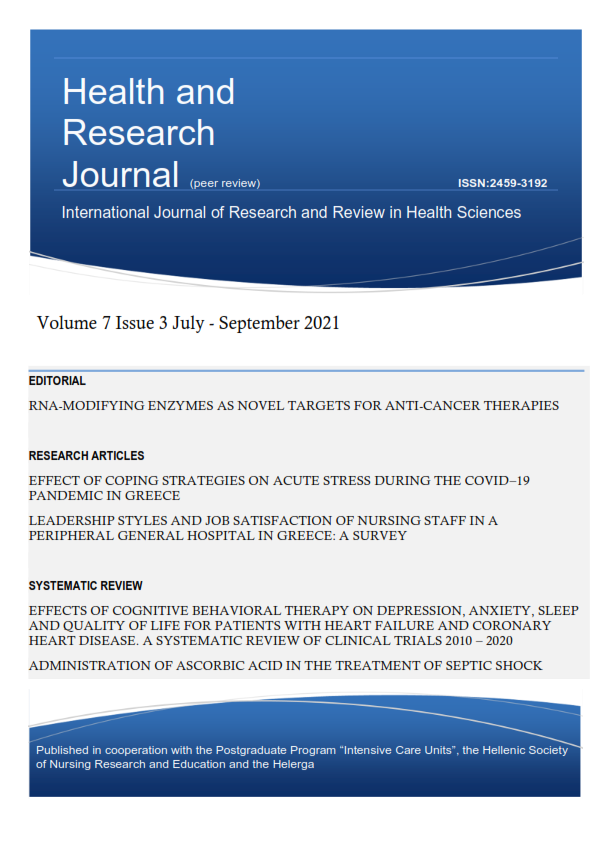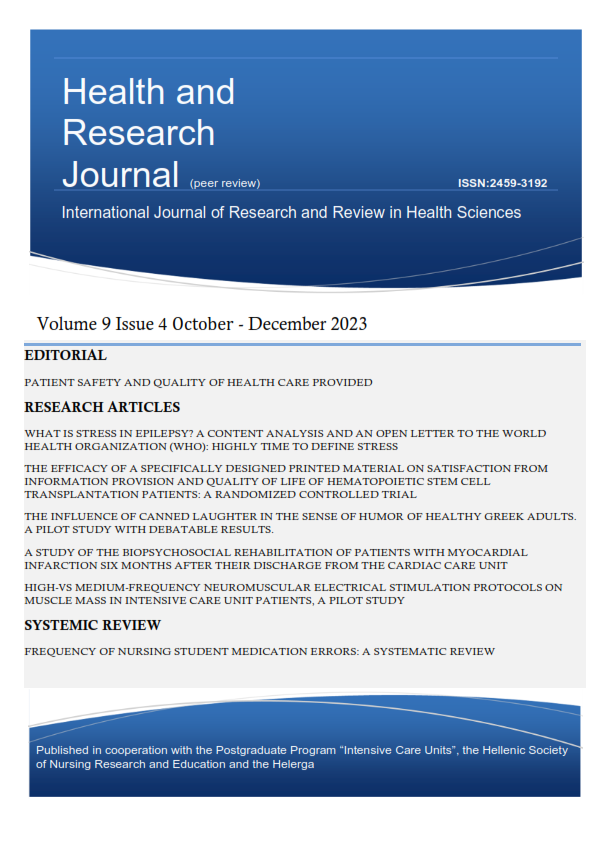How has psychology improved understanding of why people lie?
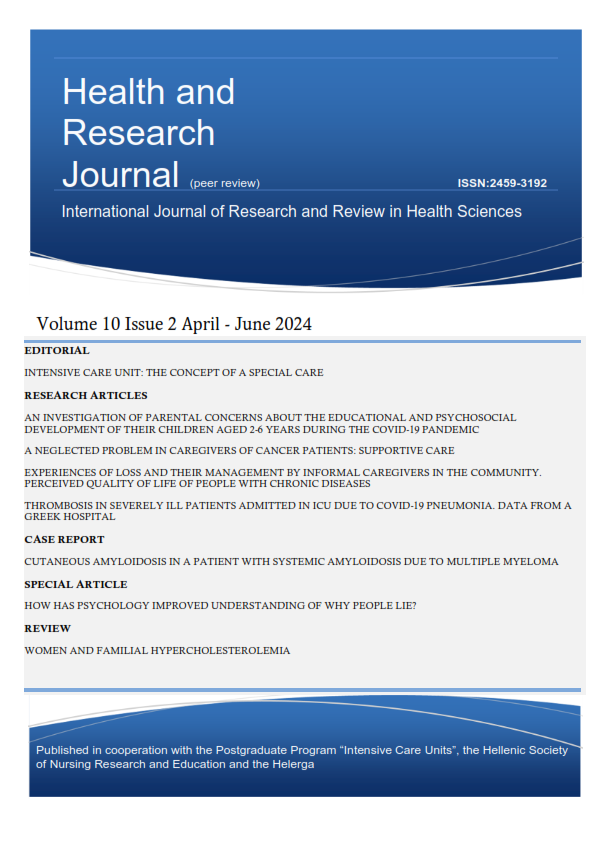
Abstract
The present special article discusses upon the question ‘why people lie’. The answer to the later question has concerned the common mind and scholars since antiquity. However, no universal answer has been provided yet. In general psychology much attention has been paid to clinical perspectives of human behavior. In such a manner, the answer to the question of ‘why people lie’ has always had a moral and ethical base regarding the theoretical frameworks that explain any given answer. In recent years though, much attention has been given to two key models/theories which derive from the basic and core field of psychology. The first is the ‘moral balance model’, while the second one is the ‘self-concept maintenance theory’. In this article, the question is addressed from both viewpoints and a conclusion is drawn based on the strengths and limits between the two key models/theories that try to explain why people lie.
Article Details
- How to Cite
-
Sobieska, D., Pilafas, G., & Louka, P. (2024). How has psychology improved understanding of why people lie?. Health & Research Journal, 10(2), 119–122. https://doi.org/10.12681/healthresj.34576
- Section
- Special Articles
Copyright notice:
Authors retain copyright of their work and grant the Health and Research Journal the right of first publication.
License:
Articles are published under the Creative Commons Attribution 4.0 International License (CC BY 4.0). This license permits use, sharing, adaptation, distribution, and reproduction in any medium or format, including for commercial purposes, provided that appropriate credit is given to the author(s) and the original publication in this journal, a link to the license is provided, and any changes are indicated.
Attribution requirement:
Any reuse must include the article citation and DOI (where available), and indicate if changes were made.



